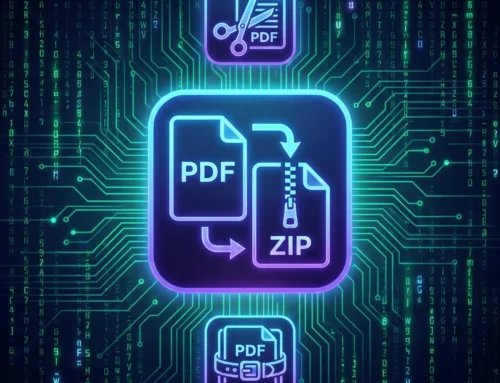
Approx. read time: 3.8 min.
Post: China’s Quantum Leap: A Potential Threat to Global Cybersecurity
China’s Quantum Leap: A Potential Threat to Global Cybersecurity
Introduction
Recent reports suggest that China has made significant strides in quantum computing, potentially threatening the encryption systems that underpin global digital security. These developments raise concerns about the future of cybersecurity and the need for international preparedness.
The Incident
In mid-2023, a cyber-espionage group known as Storm-0558, linked to China’s Ministry of State Security, breached the email systems of several U.S. and U.K. government agencies, including the U.S. Department of State and the U.K.’s Foreign Office. The attackers exploited a stolen Microsoft signing key to forge authentication tokens, granting them unauthorized access to sensitive email accounts . While the breach did not directly involve quantum computing, it underscores the evolving sophistication of cyber threats and the potential for future attacks leveraging advanced technologies.Microsoft
The Potential of Quantum Computing
Quantum computing represents a paradigm shift in computational capabilities, leveraging quantum bits (qubits) to perform complex calculations at unprecedented speeds. Unlike classical bits, qubits can exist in multiple states simultaneously, enabling quantum computers to solve problems that are currently intractable for traditional systems .Wikipedia
One of the most significant implications of quantum computing is its potential to break widely used encryption methods. Algorithms like RSA and ECC, which secure everything from financial transactions to government communications, rely on the difficulty of factoring large numbers—a task quantum computers could perform efficiently using Shor’s algorithm .American Scientist
China’s Quantum Advancements
Chinese researchers have reportedly achieved a breakthrough by using a quantum computer to perform an effective attack on RSA encryption, a widely used cryptographic system . While the specific details and practical implications of this experiment are still under scrutiny, it signifies a notable advancement in quantum capabilities.CSO Online+2The Quantum Insider+2South China Morning Post+2
Additionally, China’s development of a 72-qubit quantum processor named ‘Origin Wukong’ and advancements in photonic quantum chips highlight the country’s commitment to leading in quantum technology .Digital Watch Observatory
Implications for Cybersecurity
The advent of quantum computing poses a significant threat to current cybersecurity infrastructures. Traditional encryption methods could become obsolete, exposing sensitive data across various sectors, including finance, healthcare, and national security.arXiv
The “harvest now, decrypt later” strategy is a growing concern, where adversaries collect encrypted data now with the intention of decrypting it once quantum computing becomes sufficiently advanced . This approach could compromise long-term data confidentiality and privacy.Wikipedia+6KPMG+6arXiv+6
Global Response and Strategy
Recognizing the looming threat, international efforts are underway to develop quantum-resistant cryptographic algorithms. The U.S. National Institute of Standards and Technology (NIST) has released the first set of post-quantum cryptography standards, including algorithms like CRYSTALS-Kyber and CRYSTALS-Dilithium, aimed at securing data against quantum attacks .Wikipedia+2Wikipedia+2Wikipedia+2
Similarly, the U.K.’s National Cyber Security Centre (NCSC) has urged organizations to begin transitioning to post-quantum cryptography by 2028 to mitigate future risks .Financial Times
Financial institutions, in particular, are being encouraged to assess their readiness and implement strategies for a secure transition to quantum-resilient systems .The Times of India
Conclusion
China’s advancements in quantum computing underscore the urgent need for a global reassessment of cybersecurity strategies. While the full realization of quantum threats may still be years away, proactive measures are essential to safeguard digital infrastructures. International collaboration, investment in quantum-resistant technologies, and timely implementation of new cryptographic standards will be pivotal in navigating the challenges posed by the quantum era.
Note: This article is based on information available as of May 15, 2025. For the latest developments, readers are encouraged to consult current sources and official cybersecurity advisories.
Quantum Leap: Russia-China’s Quantum Communication Test
Related Videos:
Related Posts:
China winning race to critical advanced technologies against U.S
Global Geopolitical Tensions and Economic Shifts in the Post-Pandemic World
Why Quantum Computing’s Time Is Now
Revolutionizing E-Commerce: China’s Unhackable Quantum Internet Transactions Unveiled
Grand theft consciousness: How quantum algorithms will backdoor human-level AI
Apple Fortifies iMessage Against Quantum Computing Threats with Advanced Encryption Upgrade
China’s Electric Vehicle Sector Challenges for Volkswagen
Lighting the Path to Quantum Supremacy: The Dawn of Light-Based Processors










